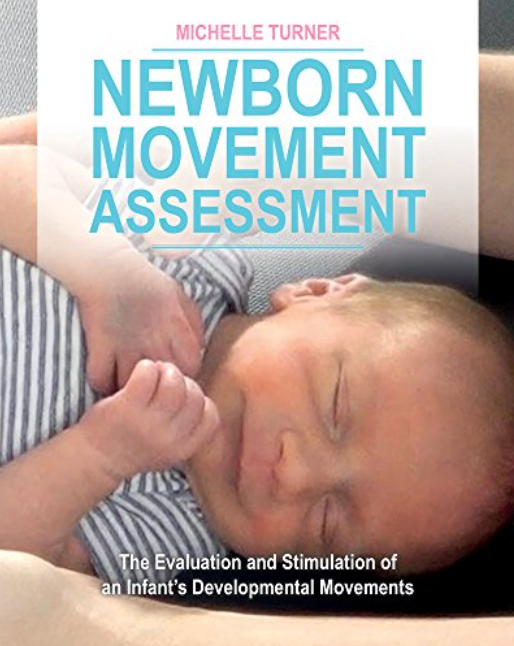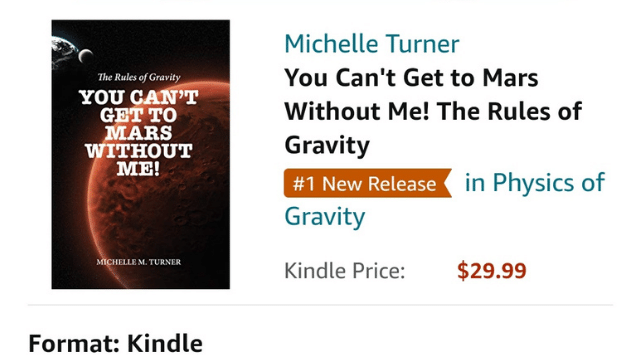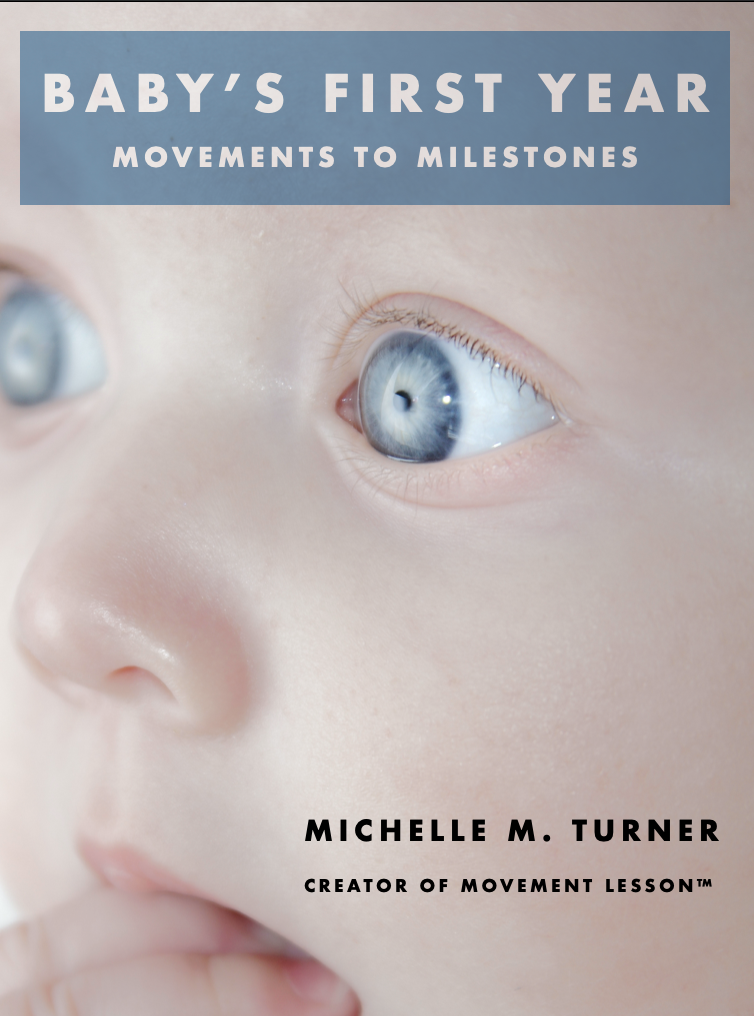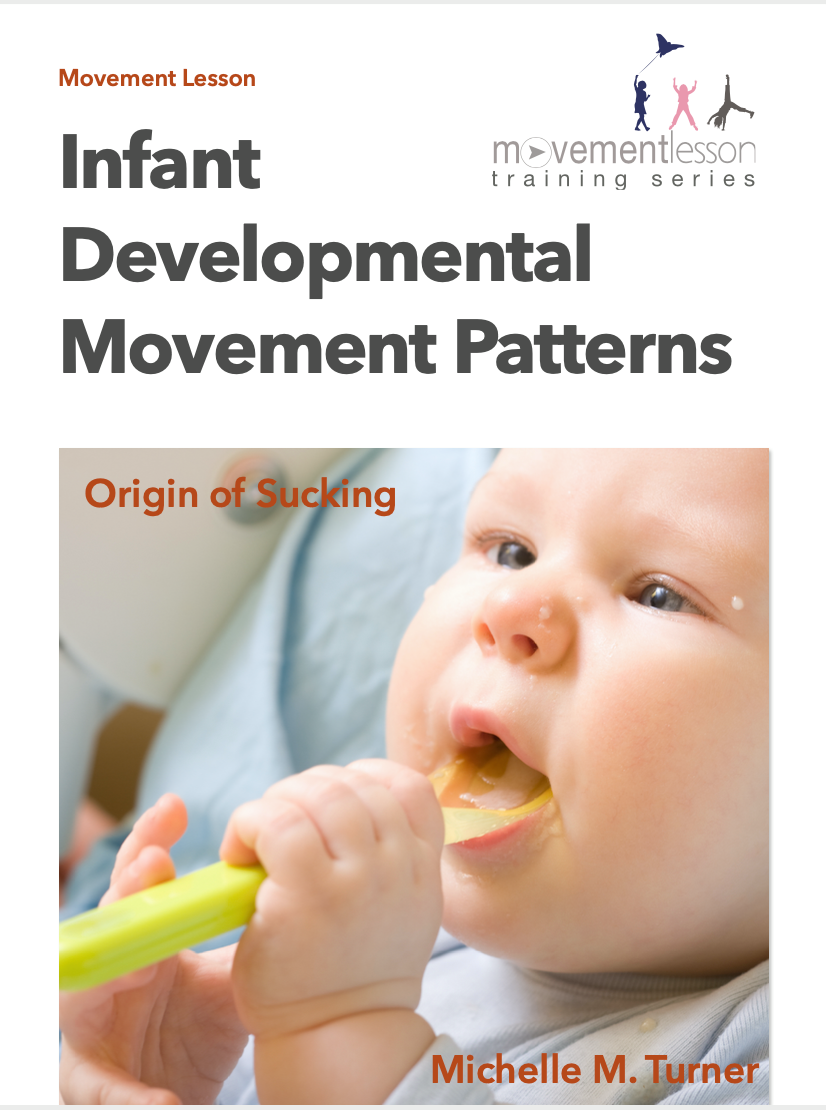Books & Presentations
*This website is not intended to be a substitute for professional medical advice and should not be relied on as health or personal advice. Always seek the guidance of your doctor or other qualified health professional with any questions you may have regarding your health or a medical condition. Please see disclaimer for additional information about what we are not, click here.

Newborn Movement Assessment
The ability to move unrestrictedly is key to an infant's cognitive development. Impairment in this area can indicate an array of disorders such as autism, cerebral palsy, and genetic diseases—and in these cases, early detection and intervention is imperative.
In Newborn Movement Assessment, author and movement integration specialist Michelle M. Turner offers a comprehensive guide to help determine a baby’s developmental concerns, as well as provide effective treatments to stimulate the child’s movement patterns through gentle touch.
Through step-by-step instructions for evaluating a child’s birthing process, assessing the rotation, and introducing a healthy touch, Turner shows you how to catch an infant's lack of response to movement immediately upon birth. She then offers the necessary tools to help you assess and change the baby's ability to react to stimulus, with the ultimate goal of improving the newborn’s cognitive development.
Buy Now on Amazon
When babies are born into the world, all their first movements - by natural law - need to offer rotational movements while opposing gravity. These first movements are needed to ignite the brain into now learning from its environment (the body and the world), which then become the milestones by which we have come to define human development.
When astronauts go into space, they lose the ability to create functional rotational movements. Due to this, the body immediately starts deteriorating because we are organized to move within gravity. Without manually stimulating rotational movements, an astronaut will never make it to Mars.
Similarly, here on Earth, when a person can't perform rotational movements, we start to see the development of special needs, dementia, Alzheimer’s, and all sorts of movement-based disorders. Growth and deterioration are direct products of the body’s ability - or inability - to organize to biological gravity, as presented in this book. It's just as true for babies and special people of all ages as it is for astronauts.
Buy the Book
Books that are Coming Soon





Location
13260 N. 94th Drive, Suite 420
Medical Center III
Peoria, Arizona 85381
Contact Us
Phone: 602.909.2565
Email: [email protected]

